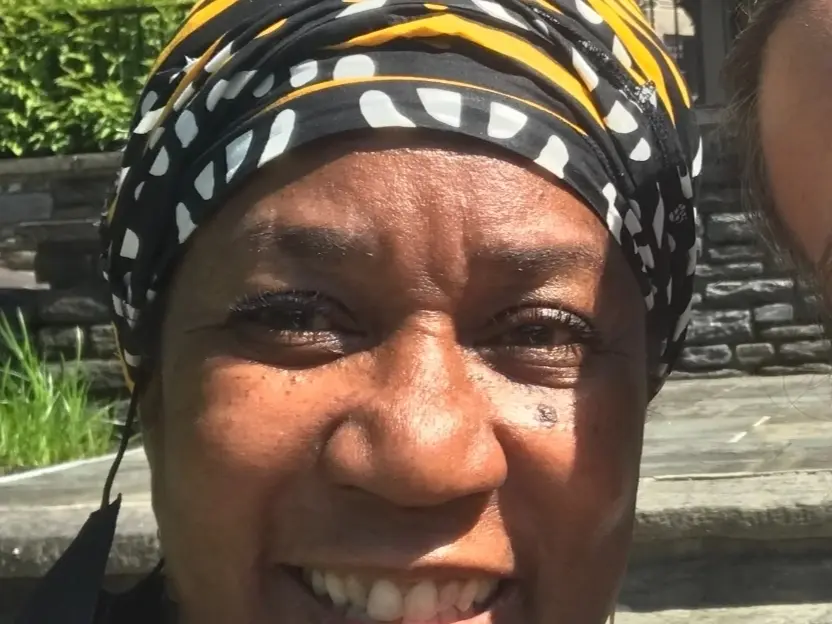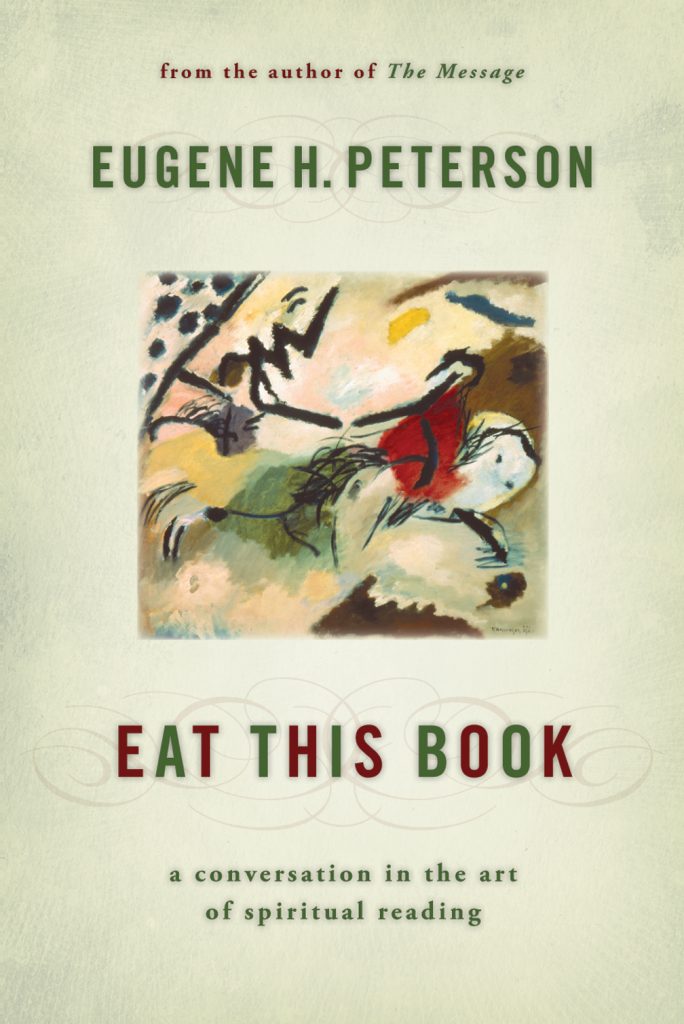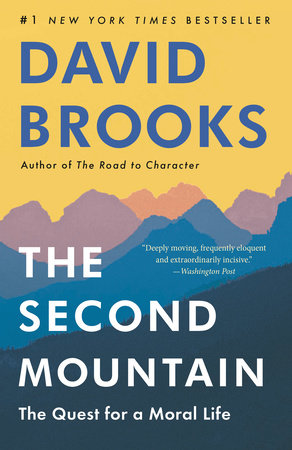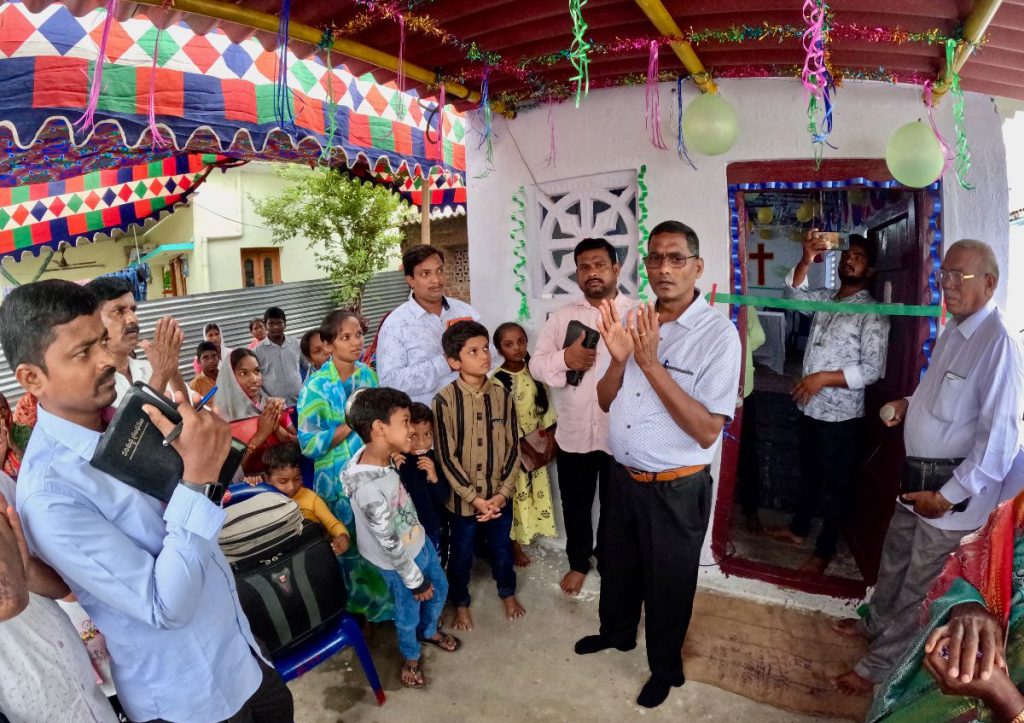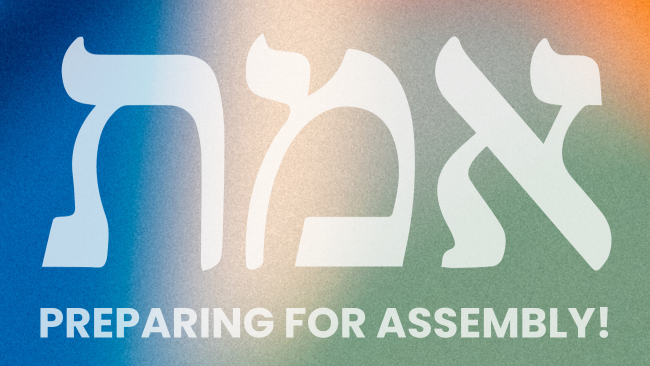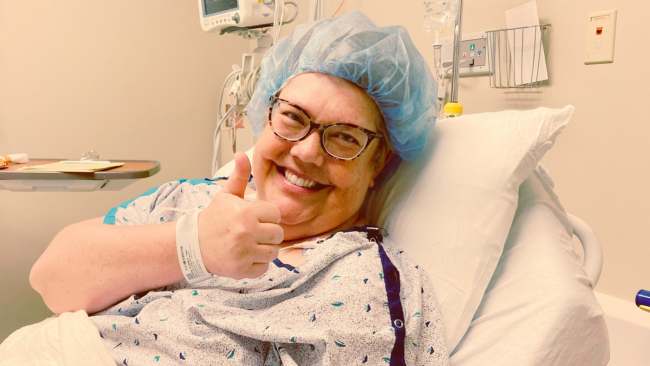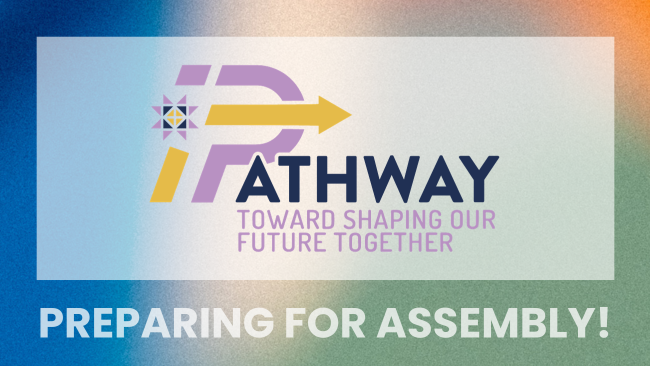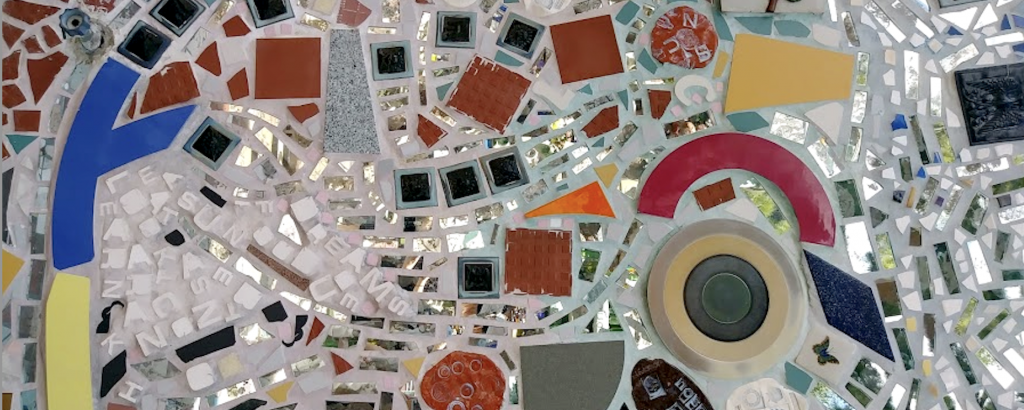“Why is the Bible so violent?” My son asked me this many years ago, after reading The Brick Bible: A New Spin on the Old Testament, which tells Bible stories in comic book form with LEGO® figures as the characters. My kids spent long hours every day playing with LEGO® bricks, and so I had excitedly purchased that Bible for them. Perhaps it wasn’t my finest parenting moment, but I gave them the book without reading it first.
After his question, though, I sat down to read it and was shocked at what I found. Page after page shows terrible violence. Hundreds of thousands of people are slaughtered, their blood covering the ground under their dead bodies. It’s as if the author went through the Bible to find the most violent, disturbing stories and then paired them with cute little LEGO® figures to make the stories “fun.”

When our team set out to create The Peace Table, my son’s question was in the back of my mind. We did not want to traumatize children by emphasizing and glorifying stories of violence with no context nor did we want to erase the violence and conflict from the biblical story. Our children live in a world where arguments, conflict, bullying, abuse, sexual violence, gun violence and war are far too commonplace.
It is essential that we equip our children with tools to help prevent, divert and respond to conflict in peaceful ways. They need support for processing and healing from violence perpetrated against them. They need to know what to do when they hurt someone else. The Peace Table is one tool to support children and families on the lifelong journey to becoming peacemakers.
While The Peace Table includes difficult stories that have elements of conflict and violence — Jacob and Esau, Hagar, and Jesus’ death on the cross, to name a few — these stories are not told in a vacuum. Each story has questions and prompts to help families discuss and process the emotions, decisions, and possibilities within the story. What led to the conflict? How might things have been different if people had made different choices? When have children experienced something similar? How did they respond, and what was the outcome?
These types of questions don’t solve the problem of violence, and The Peace Table does not provide simplistic answers to complex issues. But the questions do offer a starting place for conversation and communal biblical interpretation as to why violence happens and what can be done about it. At the back of the book, there are ideas about how to have peace with God, one’s self, one another, and creation in difficult situations. Families can reflect on these tangible ideas and decide which ones might be effective in each situation — either in the Bible story or in a conflict that the child is experiencing. We cannot leave our children to try to make sense of biblical or modern-day violence on their own. The Peace Table offers support for engaging these difficult questions and provides a holistic vision of the world God desires.
Learn more about The Peace Table and download free “Follow the Peace Path” bookmarks.
Editor’s note: This is a shortened version of an article that originally appeared in the Menno Snapshots MCUSA Blog. Full article available here.


